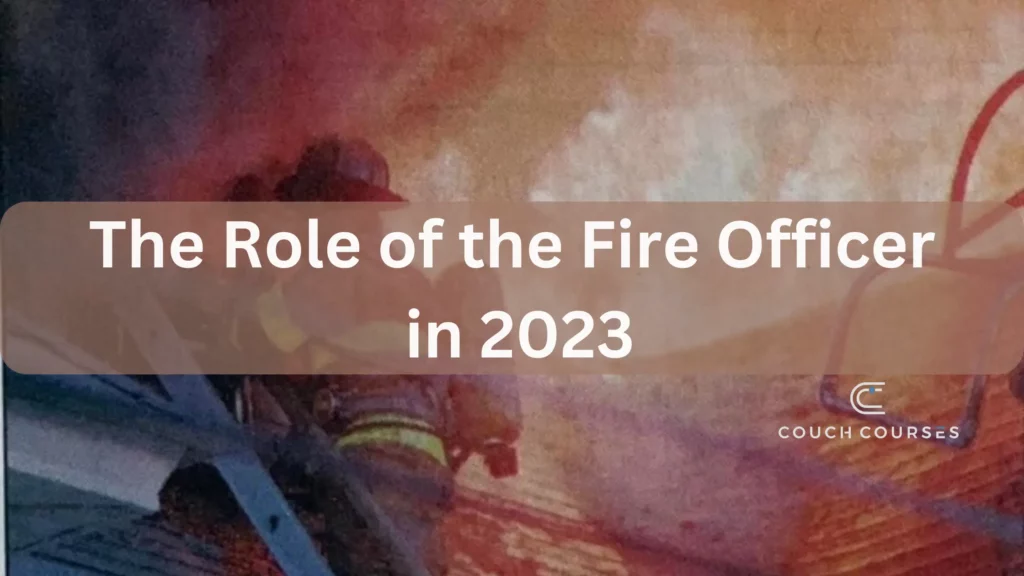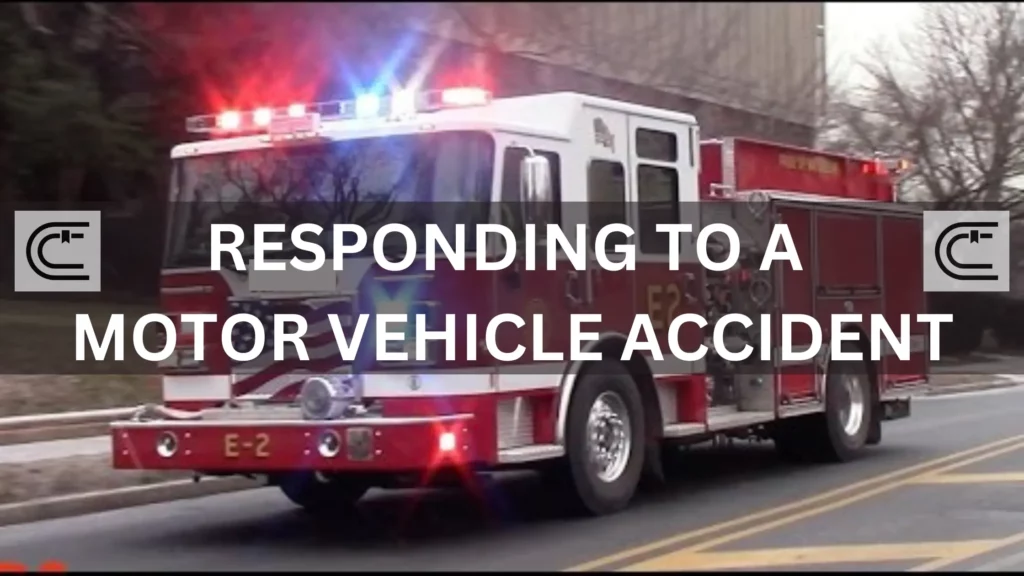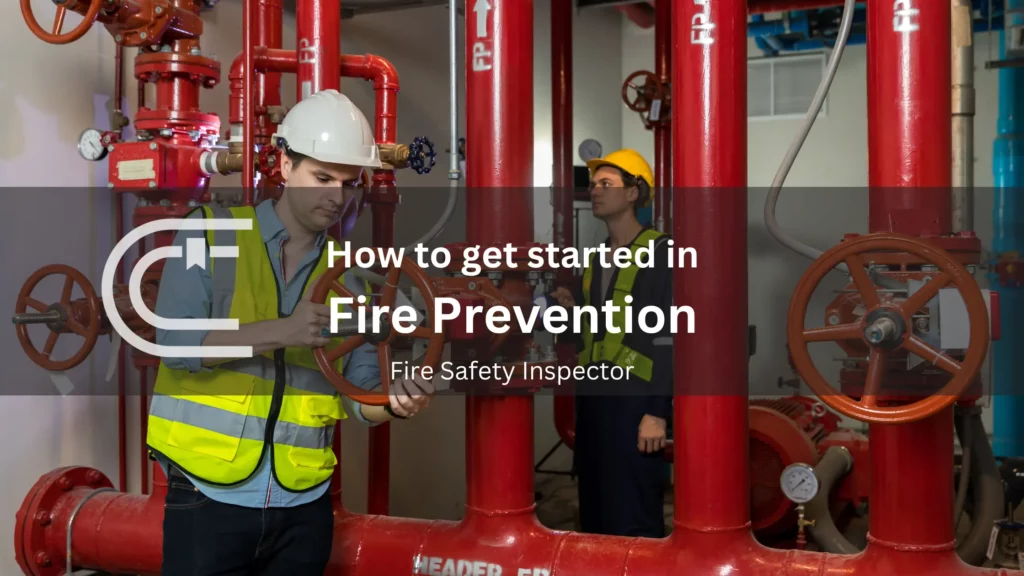Winning Strategies for the Field Training Officer

Typically, every probationary firefighter/emt/paramedic gets assigned a field training officer (FTO) or preceptor. Someone to train/teach and observe them more closely early on for a specific amount of time in the department. I always enjoyed this role.
Read on to see a short list of winning strategies for the field traiing officer!
Winning Strategies for the Field Training Officer
Start with the End.
The first step in becoming a successful FTO is to start out with the end purpose in mind. As Dr. Stephen Covey describes in his book, 7 Habits of Highly Effective People. Understand where you want to finish to begin and organize where you must start.
Ask yourself what is the training program’s goal? Is it to generate a totally skilled and qualified firefighter or emergency medical service provider? Is it to increase certain skills and knowledge?
Knowing the program’s final aim will aid in the design and organization of the training process.
Is Your Program Well-Organized?
A structured training program is critical to an FTO’s success.
- Is there any documentation or forms that will be used during the training?
- Are there task books and analytics to track progress and success?
A mechanism for tracking progress and evaluating performance will benefit both the FTO and the trainee or probationary member.

Pathway Maps
Stepping stones or Pathway Maps will improve expectations and timelines. For the trainee, a successful FTO will have defined elements of progression or road maps. These are particular goals and assessment criteria that must be accomplished in order to go to the next level of training.
Clear expectations and goals will assist both the FTO and the trainee in staying on track.
Prioritize
Start small and prioritize what matters most. When establishing a training program, it is critical to start small and prioritize. Make reasonable and manageable routines and timetables.
Divide the training into smaller assignments and concentrate on one at a time. As they improve, the learner will gain confidence and momentum as they move to more complex material and skills.
Legal issues
Legal ramifications are another important consideration for FTO programs. FTOs should be aware of any relevant laws and regulations and ensure that their program is in compliance with them. This includes issues such as discrimination, harassment, and privacy concerns.
Maintain documentation that you have adequately trained your recruits. Keep in mind any State, Federal, or other agency requirements you may need to track and attest to.
Know and understand your role.
One of the most crucial things an FTO should keep in mind is that they are the FTO, not the mentor at this time. They should fulfill this role by understanding a few key concepts.
Teacher/Evaluator
The FTO is responsible for teaching and evaluating the trainee’s abilities and knowledge.
They must also understand what and why they are assessing. KSA (Knowledge, Skills, and Abilities) and the trainee’s career goals should be considered during the evaluation process.
Don’t voluntell or appoint an FTO. Find those who want to be teachers and instructors. It is a special person who has the patience and knowledge to accomplish this position.

Sympathize/Emphathize from a distance
The FTO must sympathize with the trainees and assist them while remembering why they are there.
It is important to keep an appropriate distance, both physically and emotionally. While it’s necessary to empathize and help, FTOs should remember that they are not the trainee’s friend or therapist during this training period.
Maintaining this professional distance can help avoid any conflicts of interest or other ethical concerns.
Positive attitude
Positive attitudes spread like wildfire. A good mindset can drastically impact the effectiveness of a training program.
- Think of win-win situations and celebrate achievement.
- Be inspirational rather than intimidating.
- Recognize and applaud growth and accomplishment.
Positive attitudes are contagious and can contribute to a productive training environment.

Communication is key.
Be open and honest. Any successful training program must have clear communication. Communicating clear expectations is necessary for trainee success.
Constructive criticism
To deliver constructive criticism while simultaneously acknowledging areas of strength, use feedback loops and positive enforcement approaches.
FTOs should strive to communicate effectively and efficiently, both in writing and orally.
Provide feedback
You should provide feedback regularly and constructively. Avoid making assumptions about what their trainees know or understand.
FTOs should also document all evaluations and feedback sessions, to ensure that there is a clear record of the trainee’s progress.

Seek feedback
In addition to providing regular feedback, FTOs should also seek feedback from their trainees. Feedback loops are important in any learning environment, and FTO programs are no exception.
FTOs should be open to constructive criticism and use it to improve their own performance as well as their trainees’.
Understand your audience.
As a FTO, you should know and understand your audience. You should be ready to work with your trainees regularly and use adaptive learning systems as needed to help them achieve their goals.
Have uncomfortable discussions
This is a stressful job that has difficult calls. There are things you need to know before committing to a career in public safety. Trainees should also be aware of the stress and emotional toll that can come with working in the fire and emergency services.
Discussions about death, grieving, stress, PTSD, and coping mechanisms should be an integral part of any FTO program.
FTOs should be prepared to provide emotional support and resources to their trainees as needed.
Be patient
Patience is a virtue that is essential for any FTO to have.
The Dunning-Kruger Effect shows that people who are new to a task tend to overestimate their abilities, while those with more experience tend to underestimate theirs. This means that new trainees may not even be aware of what they don’t know, making it the FTO’s responsibility to be patient and guide them through the learning process.
It is important to step back and relax when dealing with trainees who are struggling to learn a new skill. Being patient and understanding their struggles will make them more receptive to learning and will also help to build trust between the trainee and the FTO.
Encourage
Additionally, FTOs should encourage their trainees to have fun while learning. Giving them the freedom to fail and make mistakes in a safe environment will help them build confidence and learn from their mistakes.
Be flexible
Finally, FTOs should recognize that their trainees are individuals with unique needs and learning styles. One size does not fit all, and FTO programs should be designed to be adaptive and flexible.
One of my experiences
Once, I was assigned a probationary firefighter/paramedic, Mike. Mike came to our department with full-time experience, having served on a few prior departments. Regardless of his experience, I believed he needed some additional training with medications in the ambulance.
I felt this way because of his hesitation when asked relevant questions about some medications we carry.
Every day when he was checking off the ambulance in the morning, making sure all the tools, equipment, and materials we needed were in stock and ready to go, I challenged Mike, “Hey, what’s in the fridge?”
As his preceptor and FTO, I assessed him every day. I asked him what the medication was, what the correct dose was, and in what medical emergencies would we choose to give it. It took Mike a month to get it right—but day after day, time after time, we worked together to achieve the end goal.
Quizzes must be short, though. They are not final exams or tests. They should be simple and easy to both grade and read quickly. I recommend five to ten questions that are specific to the purpose. You should also make the questions easy to understand and comprehend. They should not require major research. The student’s answers should simply recall the needed information.
Here are the questions I asked Mike each morning shift:
- What three medications do we keep in the fridge?
- What are the doses for each medication?
- Why do we give these medications?
- What are three side effects of these medications?
- Why do we keep these medications in the refrigerator?
These five simple questions did not leave any doubt about what I intended them to mean. Each question had a specific answer that could be recalled at Two Dark Thirty. They were short, sweet, and to the point. (Two Dark Thirty Chapter 2)
Conclusion
Daily quizzing is just the start of where you can be successful as an FTO. So, what are some other successful strategies for the field training officer? Over the past twenty years, I have found many solid points to consider.
Successful strategies for FTOs should focus on starting with the end in mind, organizing the program, and documenting progress. It is important to start small and prioritize tasks and have identified targets and evaluation points.
- Understand their roles as evaluators and not mentors and maintain a positive attitude while remaining professional and keeping an appropriate distance.
- Clear communication, honest feedback, and empathy are also essential to the success of an FTO program.
- Finally, FTOs must have patience, be aware of the Dunning-Kruger Effect, and provide an environment where trainees feel comfortable making mistakes and learning from them.
By following these strategies, FTOs can ensure that their trainees are prepared to become successful and competent members of the emergency services community.





